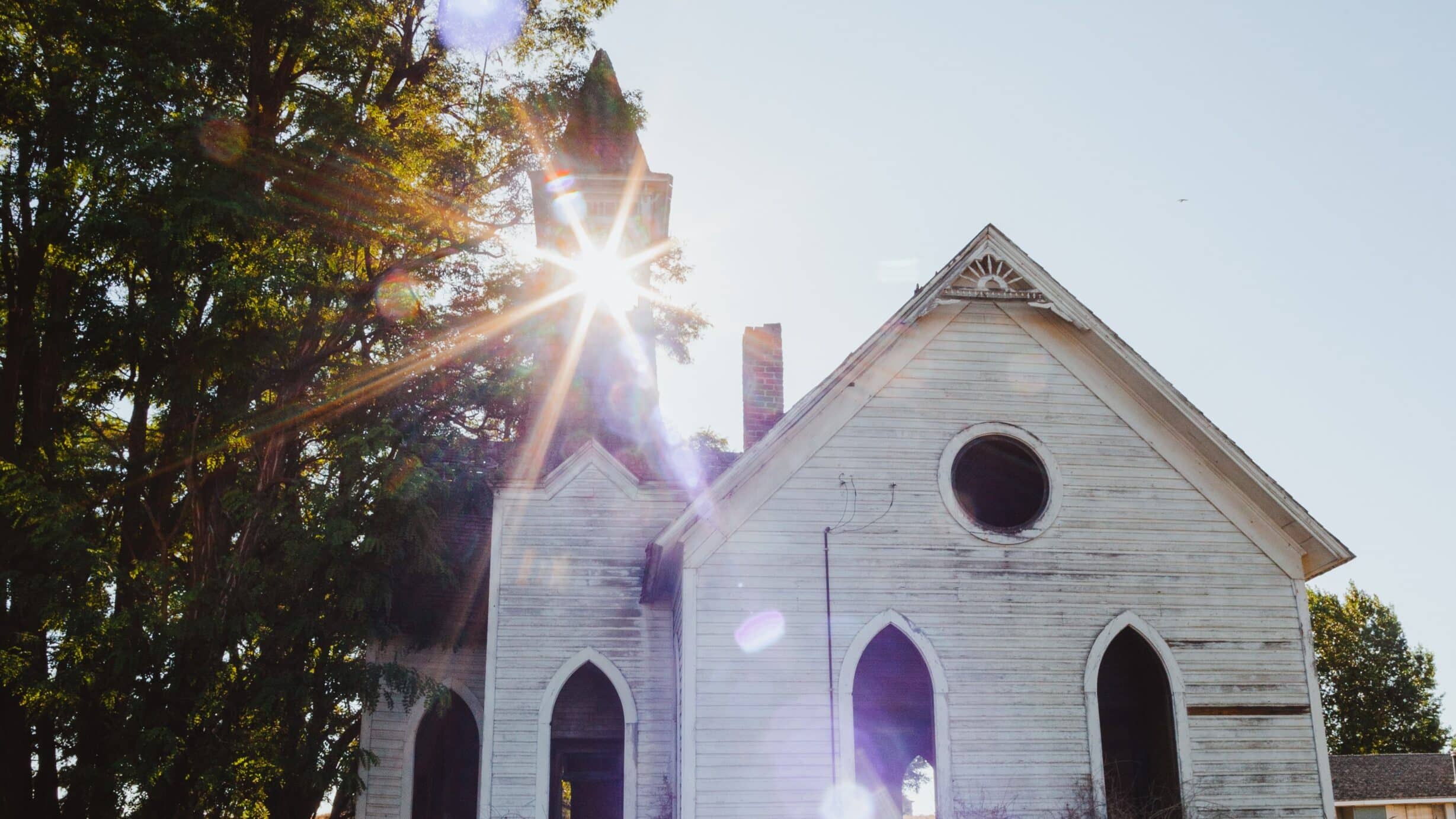How Do Church Traditions Fit with Disciple Making?

Traditions are not bad.
In fact, they can be incredibly powerful. We have certain traditions in our house that we have kept for years. Every Christmas Eve, our family gathers for a special lunch. We always eat the same things: Cornish hens, stuffing, veggies, sparkling cider, and some great dessert. It’s our tradition. At that time, the girls always get their first Christmas gifts, which are traditionally always pajamas.
We also read passages written on cards about the birth of Jesus and light the candles on an Advent wreath. Then we clean up and head out for a long evening of Christmas Eve services. It’s our tradition. We have done it for over twenty years, and we love it.
Traditions are powerful because they have a way of reinforcing values and passing down truths from one generation to the next. That is why God proscribed that the Jewish people celebrate certain feasts and festivals throughout the year. They were strongly held traditions intended to pass on spiritual truths to the next generation.
Of course, over time, the Jewish people developed all kinds of traditions that were added to the biblical mandates. I can’t help but think about Tevye’s opening monologue in the musical, “Fiddler on the Roof.”
“We have traditions for everything. How to sleep, how to eat, how to work, how to wear clothes. For instance, we always keep our heads covered and always wear a little prayer shawl. This shows our constant devotion to God. You may ask, ‘How did these traditions get started?’ And I’ll tell you… I don’t know. But it’s a tradition.”
Every time I hear that monologue I smile because it’s so true, especially in churches. We have a knack for doing one thing, and if it’s successful then we keep doing it, regardless of the long-term effectiveness, until we drive it into the ground. It’s a tradition.
These traditions may involve certain musical performances, how people dress, the order of a service, the locations of certain groups, or the use of certain facilities. If we are not careful, our traditions can get in the way of accomplishing the church’s mission.
Traditions and church missions.
A good friend told me recently about how one church was reaching many young families. So many were coming that there was no more room for these families to meet in groups on campus. The pastor noticed a formal parlor in the church sitting unused and proposed that the room be renovated for this new, growing segment of the church.
Plans were drawn, bids were let, and contractors were appointed. But at the last minute, a large donor who initially gave money for the parlor to be built years ago privately protested to the lead pastor. Immediately, the job was scrapped and the parlor stayed intact and vacant.
Every church has traditions. There is nothing wrong with that. But when those traditions become obstacles to making disciples, then we have a problem. While that is obvious to most leaders, knowing how to navigate the turbulent waters of change can be extremely difficult and hazardous.
I knew one pastor in Oklahoma City who stepped into a dying church. Before long, he was reaching out into the community and bringing new people into the aged congregation. For the first time in years, baptisms were up and people were joining. That’s all good, right? Wrong. The pastor was quickly fired because the parishioners didn’t want “those people” coming into their church.
That, my friend, is the death rattle of any congregation. The moment traditions matter more than the mission, the church is on the way down. Most cases are not so obvious. Maybe a men’s event needs to be stopped so that another initiative can begin. Maybe a Christmas program is waning in impact and needs to be refreshed or replaced. Maybe the church needs to rework its worship style, group strategy, or leadership development plan.
Changing the culture
How do you go about changing the culture of a church to become more aligned with disciple-making? You see, some things will have to go in order for new things to come. You simply can’t continue to add new plans, new initiatives, and new strategies and maintain the old ones at the same time.
Why? Because you don’t have unlimited resources. You don’t have unlimited time, unlimited money, unlimited volunteers, unlimited capital, unlimited space, and unlimited talent. So if you are going to make disciples, you are going to have to leverage the resources you do have in the most effective way possible. To accomplish this means things in your church will eventually have to change.
This blog originally appeared at: How Do Church Traditions Fit with Disciple Making? – discipleFIRST and features an excerpt from one of their books, Bold Moves.
Check out these great resources!
You can listen to a new FREE audio resource and learn about what it means to be a disciple making church by clicking here: National Study: The State of Disciple Making Churches Free Audiobook
You can download a free 10-minute visual guide of the study here: National Study: The State of Disciple Making Churches: A 10 Minute Visual Guide
You can also download a free eBook copy of the full report here: National Study on Disciple Making in USA Churches
Interested in a free eBook on Disciple Making Metrics? Check out our free Disciple Making Metrics eBook
If you have enjoyed reading this, please consider joining our email list!











